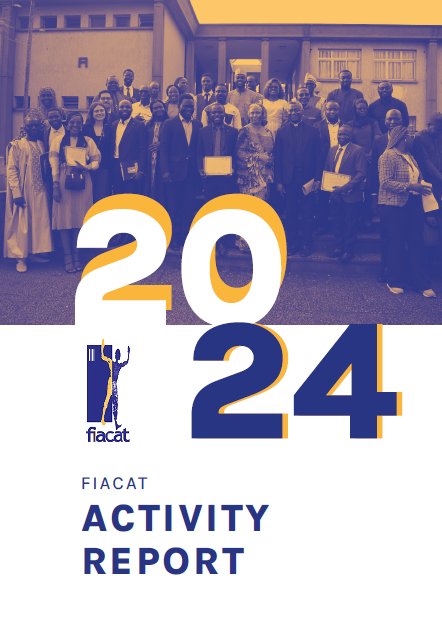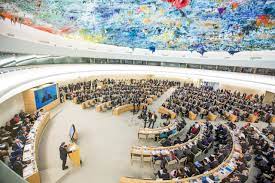FIACAT Oral Statement
Item 3 – Interactive dialogue with the Special Rapporteur on torture and other cruel, inhuman or degrading treatment or punishment
52nd session of the Human Rights Council
Thank you, Mr President,
Madam the Special Rapporteur on Torture
FIACAT would like to thank you for your report on good practices relating to the criminalisation, investigation, prosecution and sentencing for offences of torture and agrees with you on several of your findings and recommendations.
Following the point you make in your report, FIACAT and its network are convinced that an autonomous criminalisation of torture in national law in accordance with Article 1 of the Convention against Torture is an essential prerequisite for ensuring that the absolute prohibition of torture is respected. However, a number of States do not autonomously criminalise these crimes, including some that have been parties to the Convention for many years.
Where such criminalisation does exist, it is often also unsatisfactory in several respects. The application of statute of limitations, disproportionate penalties, the absence of reference to the involvement of public officials, and the possibility of invoking orders from a superior as a defence are all shortcomings identified in national legislation, without drawing up an exhaustive list.
Beyond this legislative obstacle, the perpetrators of acts of torture often benefit from impunity linked to the shortcomings in the processing of complaints and investigations. Victims, who are already in extremely precarious situations, often do not dare to lodge a complaint due to the lack of independence of the authorities responsible for handling complaints and investigations in relation to the persons accused.
FIACAT therefore wishes to stress the importance for all States to criminalise torture in accordance with Article 1 of the Convention against Torture and to guarantee that acts of torture are thoroughly and impartially investigated by independent authorities.
Thank you for your attention.




